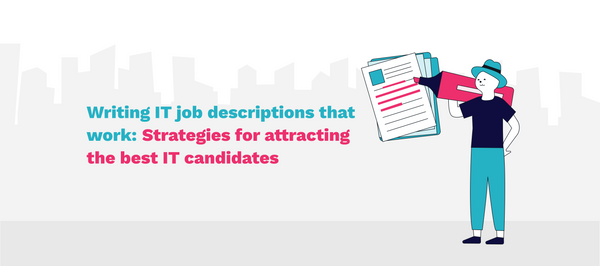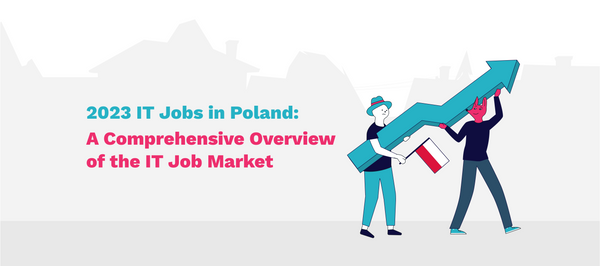Outsourcing vs. In-House Recruitment: What to Choose?
At some moment in the journey of scaling a business, you reach a point when you have to choose between setting up in-house recruitment or outsourcing the process. What are the merits of building your own recruitment team? What benefits do you get if you go for outsource recruitment instead?
You might think that as a recruitment agency, we have a slight bias here... but in fact, there are good reasons for going either way, depending on your needs.
In this article, we’ll run you through the advantages and disadvantages of each option.
What is in-house recruitment?
Well, of course… in-house recruitment means you get one or more full-time, payroll employees who recruit people exclusively for your company. The point is that the recruiters are part of your company, which means they can be better equipped to find the right fit for your unique culture and hiring needs.
What is recruitment process outsourcing (RPO)?
In recruitment process outsourcing, you rely on an external organization to cover some or all hiring processes. For example, external recruiters may only work on sourcing and screening candidates. Or they can also take responsibility for workforce planning, negotiating job offers, and onboarding your new employees.
The main RPO engagement types are full RPO, project RPO, and hybrid RPO solutions, offering flexibility in recruitment support. RPO partners act as an extension of the HR department, ensuring an efficient hiring process.
Pros of in-house recruitment

When it comes to recruitment, having an in-house recruitment team can offer several advantages over working with external agency recruiters or recruitment process outsourcing (RPO) providers.
Recruiters you can control and trust
An in-house recruiter works exclusively for your company, which means you have more control over their priorities. You can set workplace standards and dictate how they run the recruitment campaign. This level of exclusivity also fosters trust, as they prioritize your organization's welfare without divided attention.
Better communication
In-house recruiters are already familiar with your company's culture and operations, reducing the chances of conflicts or misunderstandings. Their proximity to other departments enables seamless collaboration, leading to a well-aligned recruitment strategy that meets your staffing needs effectively.
Your very own talent pool
One significant advantage of in-house recruitment is the ability to build and maintain a talent pool for future hiring. Candidates who may not fit current openings can be considered for future opportunities within the organization. By keeping a database of shortlisted candidates, your recruitment campaign yields more than just immediate hires.
Related: How to Set Up a Reliable Tech Hiring Process for Your Company: 10 Tips
Cons of in-house recruitment

While there are definite benefits to having an in-house recruitment team, it's important to consider some potential drawbacks as well.
Higher hiring costs
One significant disadvantage of in-house recruitment is the higher cost associated with acquiring and maintaining internal recruiters. Onboarding new recruiters requires a considerable investment of time and money. Equipping them with necessary tools like computers, desks, and office supplies adds to the initial expenses. Additionally, providing office space, competitive compensation, and benefits further increases the financial burden.
Resource idleness during slow periods
A house recruiter is essential when your business is actively scaling and hiring frequently. However, during periods of business plateau or slowdowns when hiring needs diminish, having full-time recruiters can lead to idle resources and unnecessary expenses.
Lack of fresh perspectives
While in-house recruiters are well-versed in your company culture, they may lack exposure to new ideas and innovative approaches. External recruiting teams or agencies can bring a breath of fresh air with their unique perspectives and insights. They can offer valuable second opinions and expertise that augment your existing knowledge assets.
Pros of recruitment process outsourcing

So what about RPO? Working with external recruiters lets you tap into resources not readily available in your organization.
Done in no time
With the right choice of agency, your team won’t have to spend too much time closely managing your recruiters. Reputable agencies like MagicHire have robust processes and technology to reduce the time-to-hire and provide high-quality results. They also have a vast existing talent pool to dip into to speed up the process.
Won’t break the bank
Overworking your recruiters during a hiring surge can result in less-than-stellar results. Agency recruitment lets you temporarily bring more people into your campaign. You won’t have to hire full-time employees who may not be productive during recruitment downtime.
That goes for resources, too. Recruitment has its own tech, just like any other sector. Working with a recruitment agency gives you access without blowing your budget.
Work with champions!
Recruitment process outsourcing companies are made up of full-time recruitment professionals who have earned specialized degrees and certifications. More importantly, they’ve gained in-depth industry expertise from working with many different clients over time. They’re well-informed about the latest recruitment technologies and are ready to confront challenges that may arise during a campaign.
Read more: What You Need to Know About Third-Party Tech Recruiting
Cons of recruitment process outsourcing

You can work with the best RPO firm and still experience drawbacks, mostly because you’ll be losing out on the benefits of having your own recruitment team.
Less control
Recruitment process outsourcing companies work with many clients. This means you may have to vie for their attention. Moreover, agency recruitment may not be as dedicated as in-house employees when it comes to ensuring your company’s success.
Working with an agency also means giving up control over a huge part of the recruitment process. This can be discomforting if you are used to a certain way of doing things.
Possible communication blunders
Because external recruiters are not immersed in your company, they may not fully understand your culture. This can lead to miscommunication. In the worst case, you may end up with a candidate who sticks out like a sore thumb in your company.
It gets even worse if you’re working with an agency that isn't familiar with your country’s culture, as language and cultural differences can make communication a tad more challenging.
Security worries
Exchanging sensitive information is part and parcel of working with an RPO firm. This exposes your company to security risks. As a result, you have to make sure you’re working with agency recruitment that’s equipped to address your security concerns. This problem gets solved once you and the RPO firm have established a high level of trust
Understanding the Distinction Between Hiring Managers and In-House Recruiters
In any organization, the hiring process is a critical function that determines the success of talent acquisition. This process involves two key players: hiring managers and in-house recruiters. While both play pivotal roles in finding qualified candidates, their skills and approaches differ significantly.
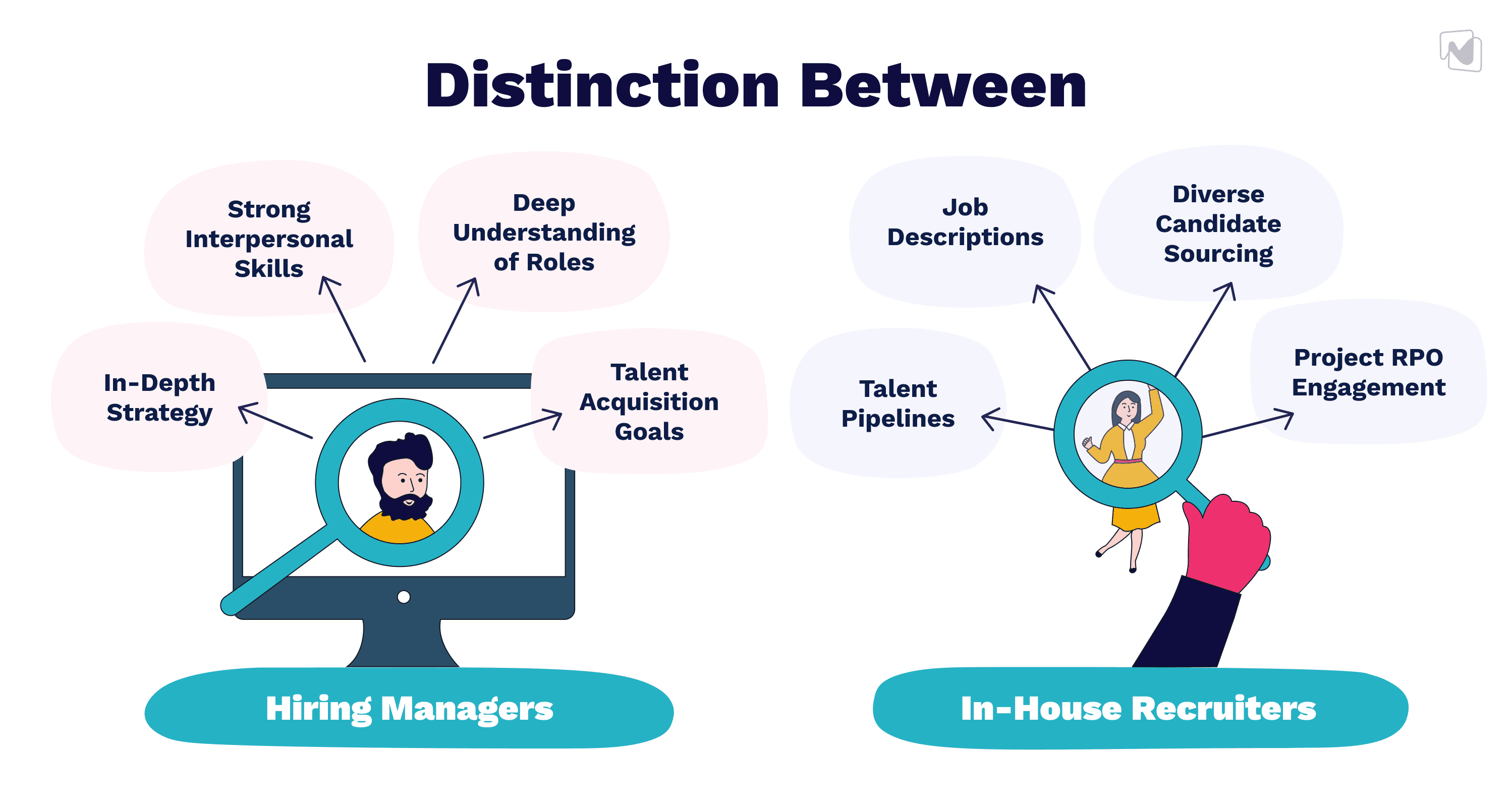
Hiring Managers: The Decision Makers
Hiring managers are integral members of the team responsible for filling open positions within their departments. Their role goes beyond just identifying job vacancies; they are the decision-makers who ultimately select the right candidates for their teams. As such, they possess in-depth knowledge of the specific job requirements and have a deep understanding of team dynamics and company culture.
Key Skills and Practices of Agency Recruiters
- In-Depth Strategy: Hiring manager strategically plans and forecast their team's future needs, anticipating the necessary skill sets and expertise required for success.
- Strong Interpersonal Skills: The agency recruiter excels in conducting interviews and building relationships with candidates to assess not only their qualifications but also their compatibility with the team.
- Deep Understanding of Roles: The hiring team has a clear understanding of the technical roles within their departments, enabling them to make informed decisions end use the best hiring practices.
- Talent Acquisition Goals: The objective of an agency recruiter is to attract and select the most qualified candidates who align with the company's goals and values.
In-House Recruiters: Talent Acquisition Specialists
In-house recruiters, on the other hand, are talent acquisition specialists who work closely with the hiring team to source, screen, and present candidates for consideration. They possess expertise in recruitment technology, sourcing methods, and applicant tracking systems to identify and attract top talent across various industries.
Essential Skills and Practices of In-House Recruiter
- Talent Pipelines: In-house recruiter builds and maintains talent pipelines, ensuring a steady flow of high quality candidates for present and future roles.
- Job Descriptions: Internal recruiter crafts clear and compelling job descriptions that resonate with candidates and attract the right talent for open positions.
- Project RPO Engagement: In-house recruiters might collaborate with RPO providers on specific projects to meet hiring fluctuations or fill key positions.
- Diverse Candidate Sourcing: They employ sourcing strategies to attract diverse candidates, promoting diverse organizations and fostering inclusion.
Read also: Multiple Recruitment Agencies vs. Single Hiring Partner: What to Choose?
In-house vs. outsourcing recruitment: which one’s for you?
So far, this might have felt like a game of “Yes, but… .” Working with an agency lets you meet your recruitment needs on demand while having your own team allows you to build the skillsets of your workforce. An in-house team is costly to build and maintain, while outsourcing comes with communication challenges.
So here goes: which solution is best for your company?
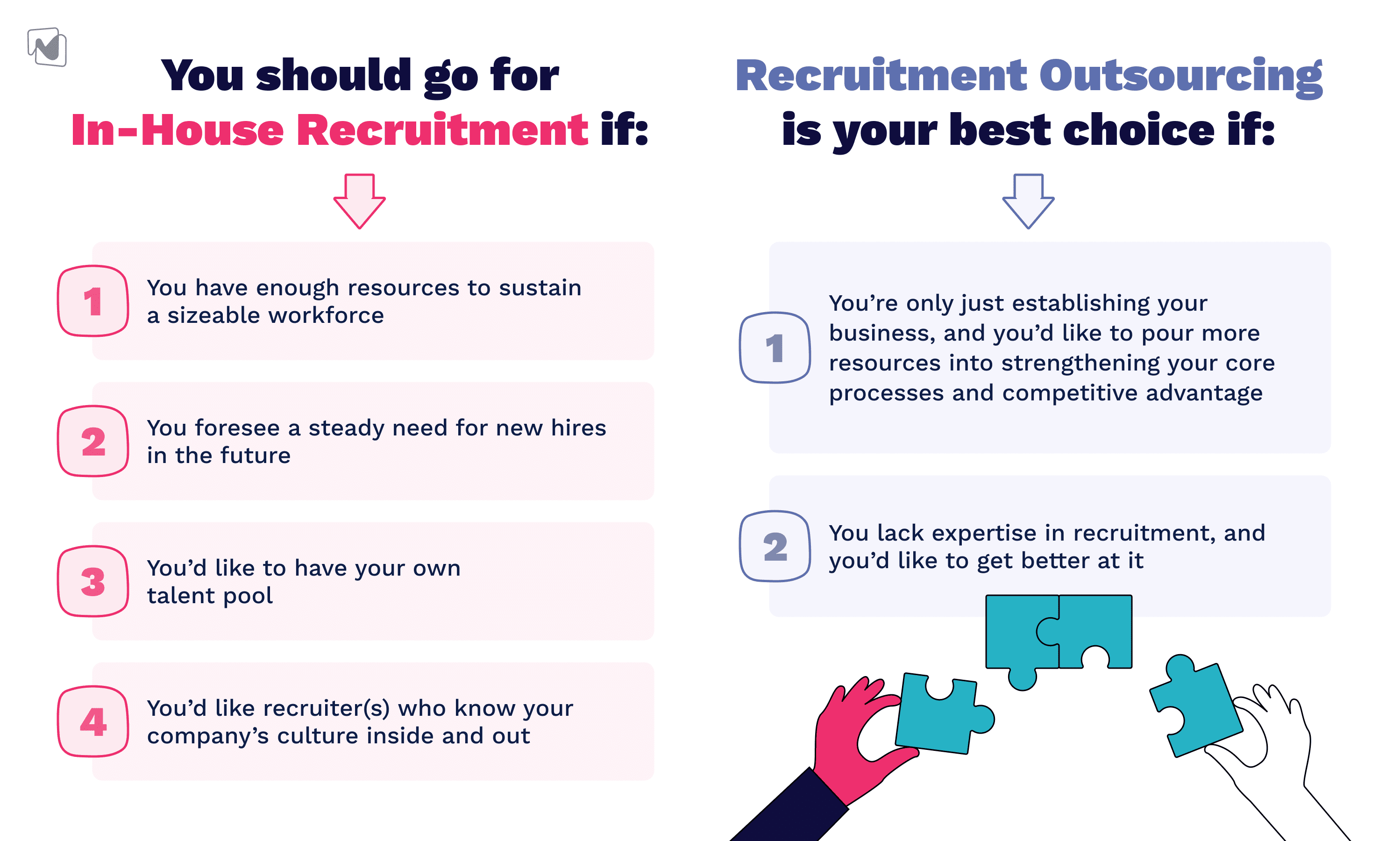
When to consider in-house recruitment
In short, you should go for in-house recruitment if:
- You have enough resources to sustain a sizeable workforce
- You foresee a steady need for new hires in the future
- You’d like to have your own talent pool
- You’d like recruiter(s) who know your company’s culture inside and out and are adept at communicating with stakeholders
When to consider the recruitment process outsourcing (RPO) model
On the other hand, recruitment outsourcing (the RPO model) is your best choice if:
- You’re only just establishing your business, and you’d like to pour more resources into strengthening your core processes and competitive advantage
- You lack expertise in recruitment, and you’d like to get better at it
Combining an in-house team with outsourcing
If things still aren’t clear, the good news is that in-house recruitment and RPOs don’t have to be mutually exclusive. There are cases when it’s best to combine both approaches.
For example, you can bring in an outsourcing team to help your busy in-house recruiters during a hiring surge. Working with an RPO firm also helps invigorate your in-house campaigns with fresh new ideas. The external team can pass on their expertise to your recruiters.
You can also bring in external recruiters to help you set up a recruitment team if you don’t already have one.
The bottom line
When it comes to choosing between an in-house team and recruitment process outsourcing, it’s not a case of one size fits all. An in-house team is great for established companies with predictable hiring needs. At the same time, a recruiting agency is ideal for growing companies that need to scale quickly without breaking the bank.
In some instances, you won’t even have to choose between the two. Working with a staffing agency while building or retaining your own team can help you benefit from the expertise of an RPO firm — all while beefing up your own workforce assets.
And if you decide to go for recruitment outsourcing? Try MagicHire. We have over six years of expertise and more than 60K candidates in our talent pool. Or, if you’re already working with an outsourcing partner, you can consider multiple recruitment agencies. Our team of experts is waiting to help!
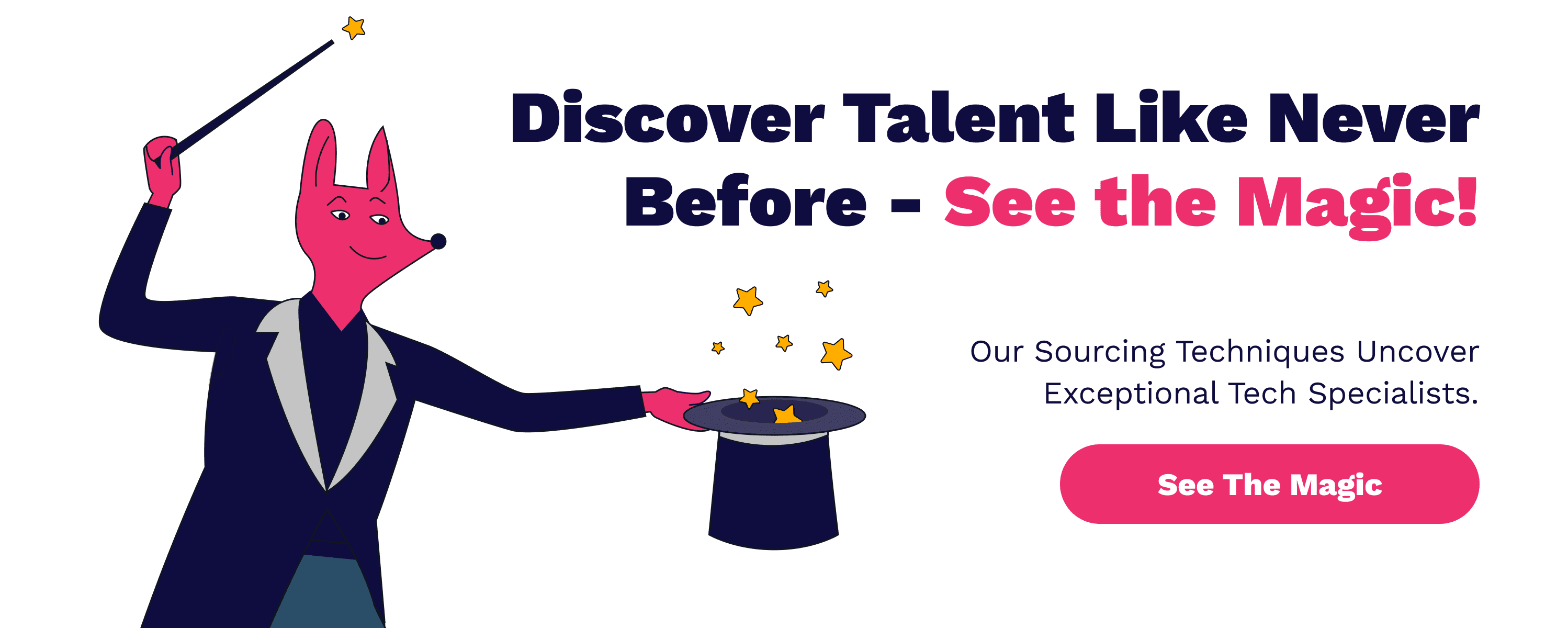
FAQ
What is the difference between recruitment in-house and outsourcing?
In-house recruiting involves conducting hiring processes using the organization's internal resources and team, while outsourcing entails delegating recruitment tasks to external agencies or RPO providers.
What are the main factors to consider when choosing between in-house and outsourcing recruitment?
Consider factors like hiring fluctuations, the need for specialized knowledge, cost, quality of candidates, and overall talent acquisition goals.
What is an RPO provider?
An RPO (Recruitment Process Outsourcing) provider is a specialized firm that offers comprehensive talent acquisition solutions to organizations. They manage some or all aspects of the recruitment processes on behalf of their clients. RPO services encompass a wide range of recruitment functions, such as candidate sourcing, screening, talent pipelining, job advertising, interview coordination, and onboarding support.





